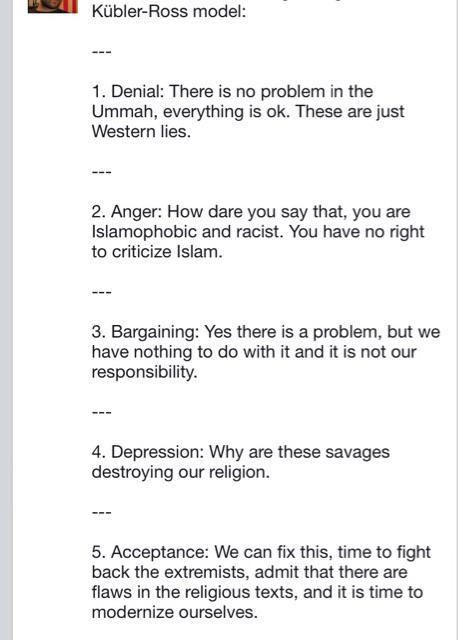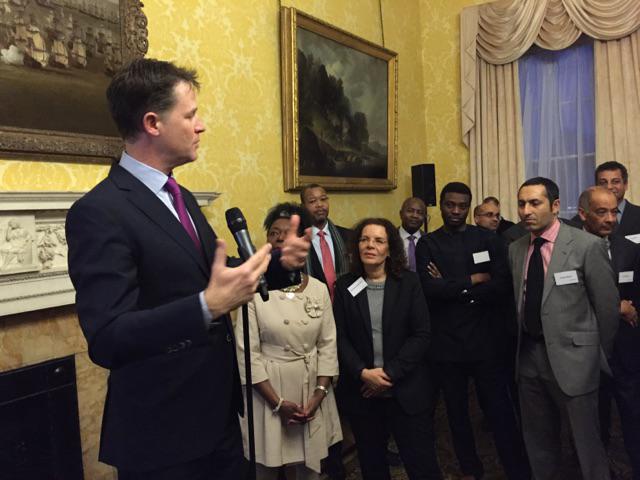What? Do the Saudi authorities think the rest of the world is going to take the KSA seriously as a burgeoning research hub when people there are savagely punished for saying completely ordinary (and true) things?
The letter – signed by a collection of Nobel Laureates including the novelist J M Coetzee – is addressed to Professor Jean-Lou Chameau, president of the King Abdullah University of Science and Technology (KAUST). A multibillion-dollar graduate research institution, it opened to great fanfare in 2009. It warns: “The fabric of international co-operation may be torn apart by dismay at the severe restrictions on freedom of thought and expression still being applied to Saudi Arabian society.”
I certainly hope so. Saudi Arabia should be a pariah state.
“We are confident that influential voices in KAUST will be heard arguing for the freedom to dissent, without which no institution of higher learning can be viable,” the letter continues.
“The time is ripe for new thinking after millions in Paris, supported by the government of Saudi Arabia, demonstrated on behalf of minority views.”
Damn straight. Except I wouldn’t call it minority views; I would call it human views as opposed to goddy views. On the one hand you have people saying “obey ‘god’ or we’ll murder you or torture you to death”; on the other hand you have people saying “god sucks and also doesn’t exist, turn your attention to human needs instead of goddy ones.”
The targeting of KAUST is significant because one of its key aims was to enable Saudi Arabia to compete internationally in science and technology. The Independent understands that many prominent Western scientists are already uncomfortable collaborating with the university due to the country’s disastrous record on human rights – and may begin refusing to co-operate altogether if the letter is ignored.
Good.
One of the letter’s signatories is the British biologist Sir John Sulston, who was jointly awarded the Nobel Prize in Physiology or Medicine in 2002. He told The Independent that Mr Badawi’s case carried important implications for the “importance of free speech and of academic freedom in particular” – not just in Saudi Arabia but across the world.
“We think it’s right to point out that the environment of a good university has to be one of openness, of discourse,” he said. “This guy, as far as one can understand, has been an entirely peaceful blogger proposing things which are at odds with current Saudi Arabian methods – but nevertheless absolutely consonant with academic freedoms. So we think it’s right to support him in this way.”
He said that while Western governments might condemn Saudi Arabia’s punishment of Mr Badawi in public, any action they might take was often constrained by “commercial interests” which made it even more important for academics to take action. “We all have to work all the time for freedom of speech,” he added.
Especially right now. We’re in a very bad patch.
In Britain, Amnesty has accused the Government of “wearing the Saudi muzzle” over the issue.
A spokesperson for the Foreign Office said: “We remain seriously concerned by Raif Badawi’s case. The UK condemns the use of cruel, inhuman or degrading punishment in all circumstances. We have raised Mr Badawi’s case at a senior level with the Saudi authorities.
“The UK is a strong supporter of freedom of expression around the world. We believe that people must be allowed freely to speak out against violations of human rights wherever they occur.”
Pinch harder.
The signatories
Martin Chalfie, Nobel Laureate Chemistry (US)
J M Coetzee, Nobel Laureate Literature (Australia/South Africa)
Claude Cohen-Tannoudji, Nobel Laureate Physics (France)
Richard Ernst, Nobel Laureate Chemistry (Switzerland)
Gerhard Ertl, Nobel Laureate Chemistry (Germany)
Sheldon Lee Glashow, Nobel Laureate Physics (US)
Dudley Herschbach, Nobel Laureate Chemistry (US)
Roald Hoffmann, Nobel Laureate Chemistry (US)
Brian Josephson, Nobel Laureate Physics (UK)
Martin Karplus, Nobel Laureate Chemistry (US)
Harold Kroto, Nobel Laureate Chemistry (UK/US)
Yuan Lee, Nobel Laureate Chemistry (Taiwan/US)
Rudolph Marcus, Nobel Laureate Chemistry (Canada/US)
John Polanyi, Nobel Laureate Chemistry (Canada)
Richard Roberts, Nobel Laureate Physiology or Medicine (US)
John Sulston, Nobel Laureate Physiology or Medicine (UK)
Jack Szostak, Nobel Laureate Physiology or Medicine (US)
Eric Wieschaus, Nobel Laureate Physiology or Medicine (US)
I’ve met one of them – Harry Kroto, at (appropriately) a CFI conference on secularism.


